What is a token?
Last updated

Table of Contents
What is a token?
It can be confusing for people new to crypto to understand what a token is. This is because there are roughly three overlapping meanings to the word.
- In a technical sense, a token is an asset that represents ownership or value in a decentralized system. In this sense it’s no different from “cryptocurrency," “digital asset," or “cryptoasset."
- A token can mean any cryptoasset other than Bitcoin, and to a lesser extent Ethereum. This has a similar meaning to “altcoin" (alternative coin).
- Perhaps the most commonly used meaning of token within the crypto industry is as a cryptoasset that is a non-native token of a blockchain. For example, ETH is the native token of the Ethereum blockchain. Any other cryptoassets that exist on the Ethereum blockchain are tokens.
What is the difference between cryptocurrency and token?
While there is no technical difference between cryptocurrency and token, within the crypto industry there are differences. Cryptocurrencies, like Bitcoin, are usually assets that mostly serve as money-like instruments. That is to say, they are a medium of exchange or a store of value. Tokens can be used like money, but they usually have additional functionality, such as governance rights (UNI) or artistic value (NFTs).
Is Bitcoin a token?
Yes and no. Technically a bitcoin (1 BTC) is a token - a digital asset that represents ownership of value in a decentralized system. However, within the crypto industry tokens are often mean any cryptoasset besides Bitcoin and to a lesser extent, Ethereum. Tokens also usually have uses aside from money-like properties.
Types of tokens
The additional functionality of tokens is limited only by the imagination. So far, tokens can be classified in several broad categories of use. As crypto evolves, it’s safe to say that there will be innovative uses no one has considered. Here are some common uses of tokens currently:
- Utility Tokens: These tokens provide access to products or services within a specific blockchain platform or decentralized application (DApp). For example, users may need to acquire utility tokens to access storage space on a decentralized cloud storage platform or to participate in decentralized finance (DeFi) services.
- Security Tokens: These represent ownership in an underlying asset, such as shares in a company, real estate, or other forms of investments. Security tokens are subject to regulatory requirements and can provide investors with rights to dividends, voting, or profit-sharing.
- Governance Tokens: They allow holders to participate in decision-making processes for a particular project or platform. Governance token holders can propose, discuss, and vote on various aspects of the project, such as protocol upgrades or changes to the platform's fee structure.
- Non-Fungible Tokens (NFTs): Unlike other tokens, NFTs are unique and indivisible. Each NFT represents a one-of-a-kind digital asset, such as artwork, collectibles, or virtual real estate. NFTs have gained popularity due to their ability to provide proof of ownership and provenance for digital assets.
Use cases for tokens
Crypto tokens open up a world of possibilities in various sectors, including but not limited to:
- Finance: Tokens can be used to create decentralized financial systems, such as lending platforms, insurance services, or asset management solutions. These platforms can offer increased efficiency, transparency, and accessibility compared to traditional financial services.
- Supply Chain Management: Crypto tokens can be used to track and verify the provenance and authenticity of goods in a supply chain, ensuring transparency and reducing the risk of counterfeit products.
- Voting and Governance: Crypto tokens can enable secure, transparent, and decentralized voting systems for organizations, communities, or even entire countries.
- Entertainment: NFTs, in particular, have opened up new avenues for creators and collectors in the world of art, music, and gaming. NFTs allow artists to sell and monetize their work directly, while collectors can securely store, display, and trade unique digital assets.
Related guides
Start from here →
What is Bitcoin?
Get a straightforward introduction to Bitcoin and why it matters.

What is Bitcoin?
Get a straightforward introduction to Bitcoin and why it matters.
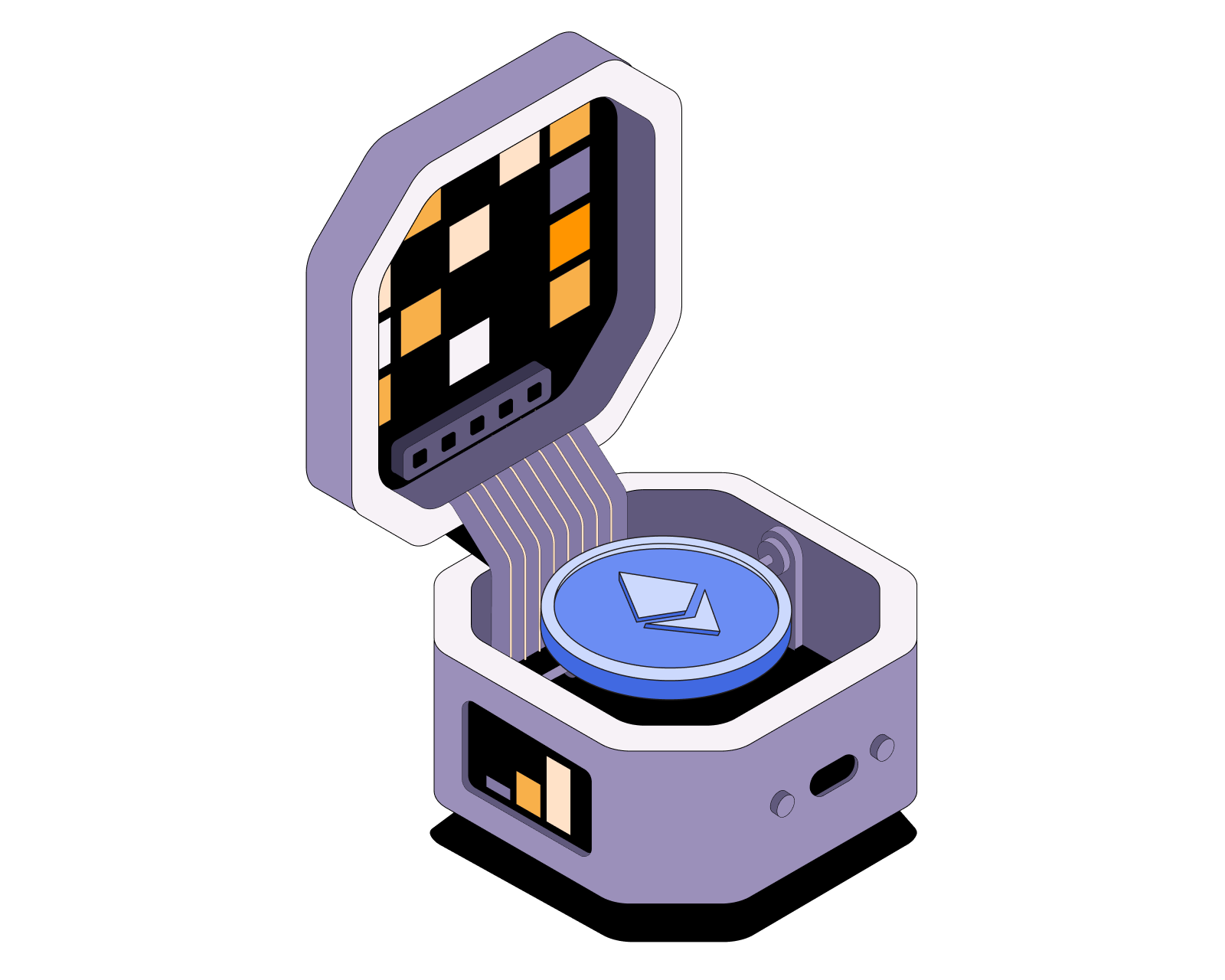
What is Ethereum?
Understand Ethereum's key characteristics.

What is Ethereum?
Understand Ethereum's key characteristics.
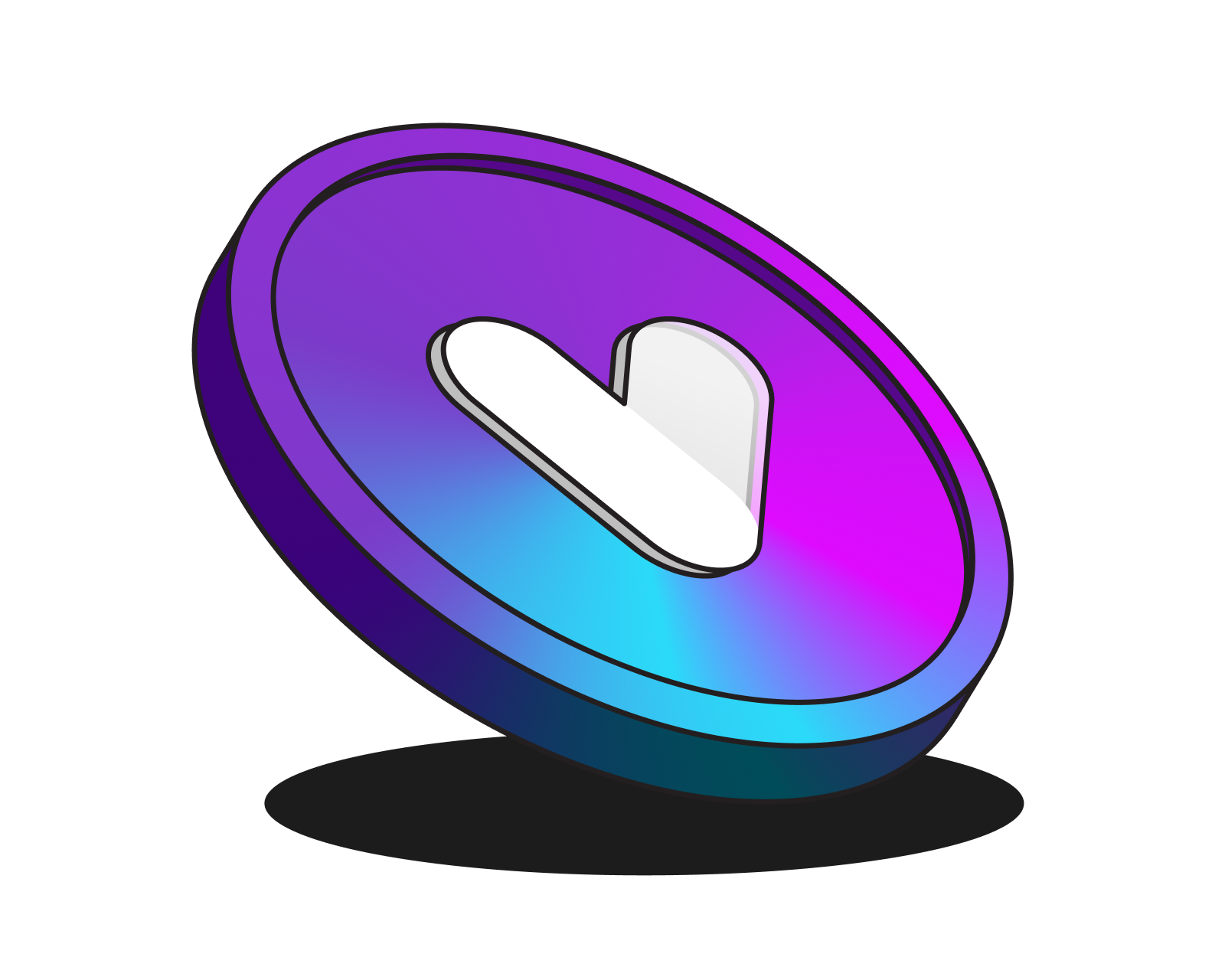
What is Verse?
Learn about Bitcoin.com’s official token, ways to earn it, and how to use it in the Bitcoin.com ecosystem and beyond.

What is Verse?
Learn about Bitcoin.com’s official token, ways to earn it, and how to use it in the Bitcoin.com ecosystem and beyond.

Learn the basics of cryptocurrency
Are you new to cryptocurrency? Get a simple introduction and learn why crypto matters.

Learn the basics of cryptocurrency
Are you new to cryptocurrency? Get a simple introduction and learn why crypto matters.
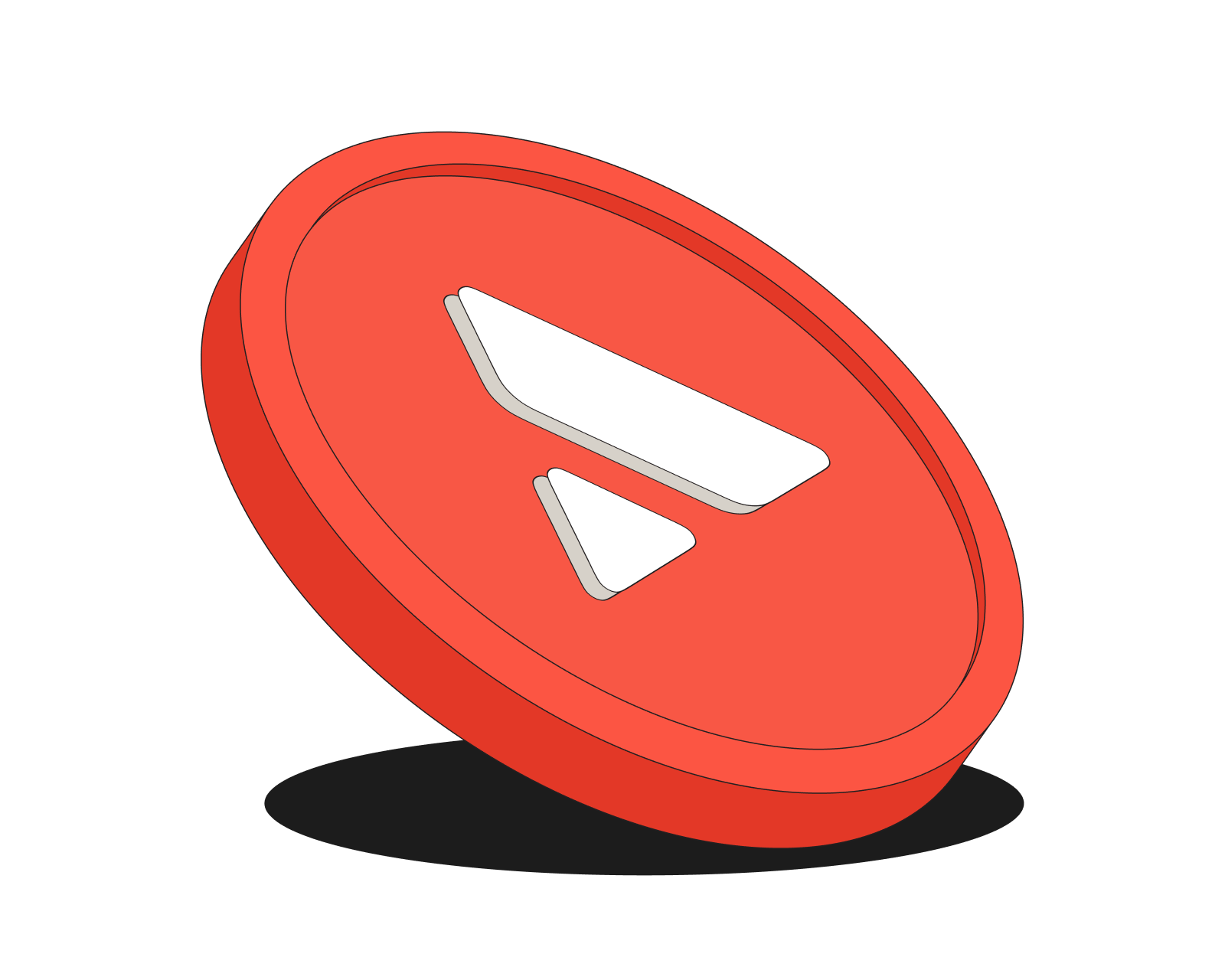
What is Avalanche?
Understand Avalanche's key characteristics.

What is Avalanche?
Understand Avalanche's key characteristics.
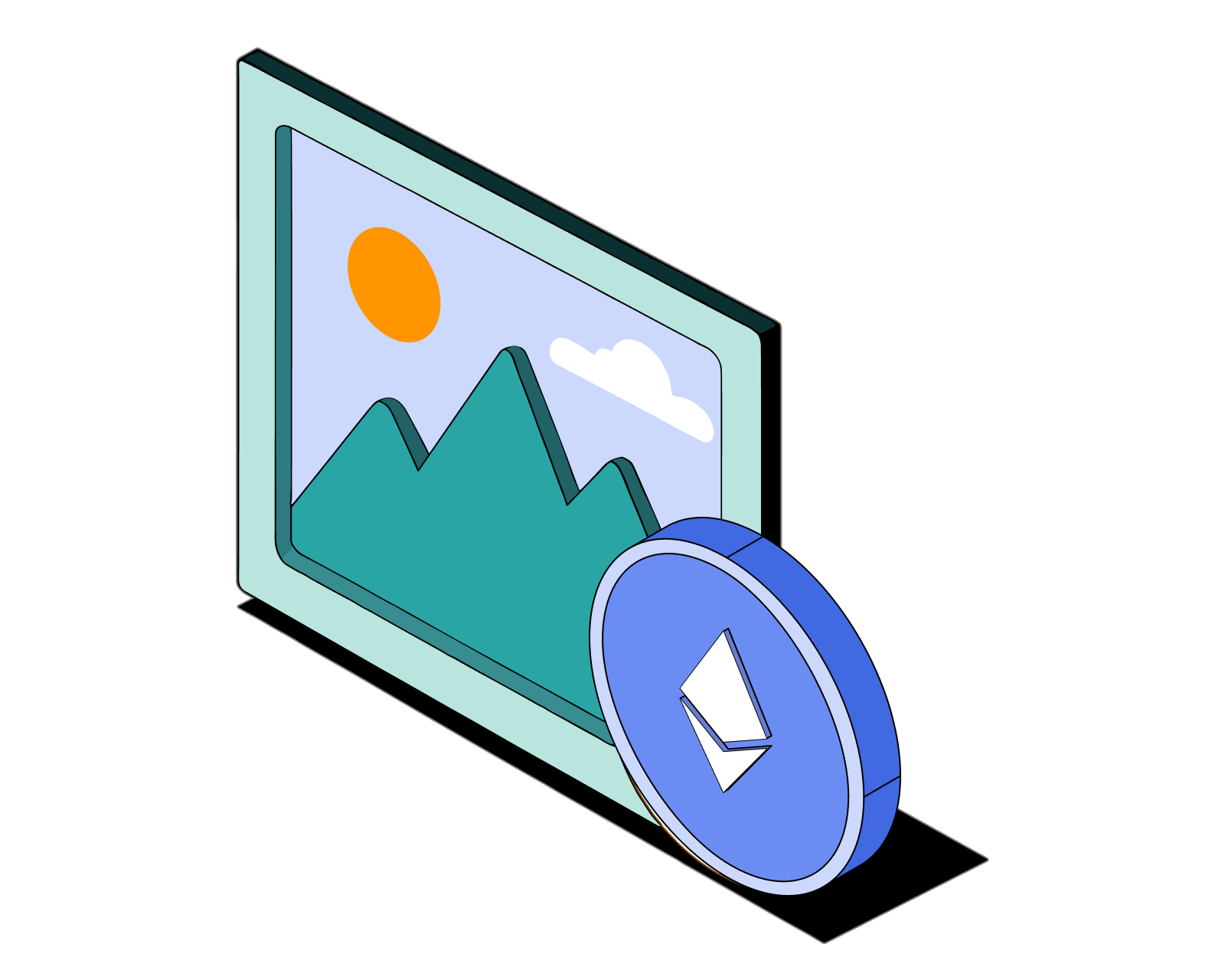
What are NFTs?
Learn about NFTs, how they work, examples of prominent NFTs, and much more.

What are NFTs?
Learn about NFTs, how they work, examples of prominent NFTs, and much more.
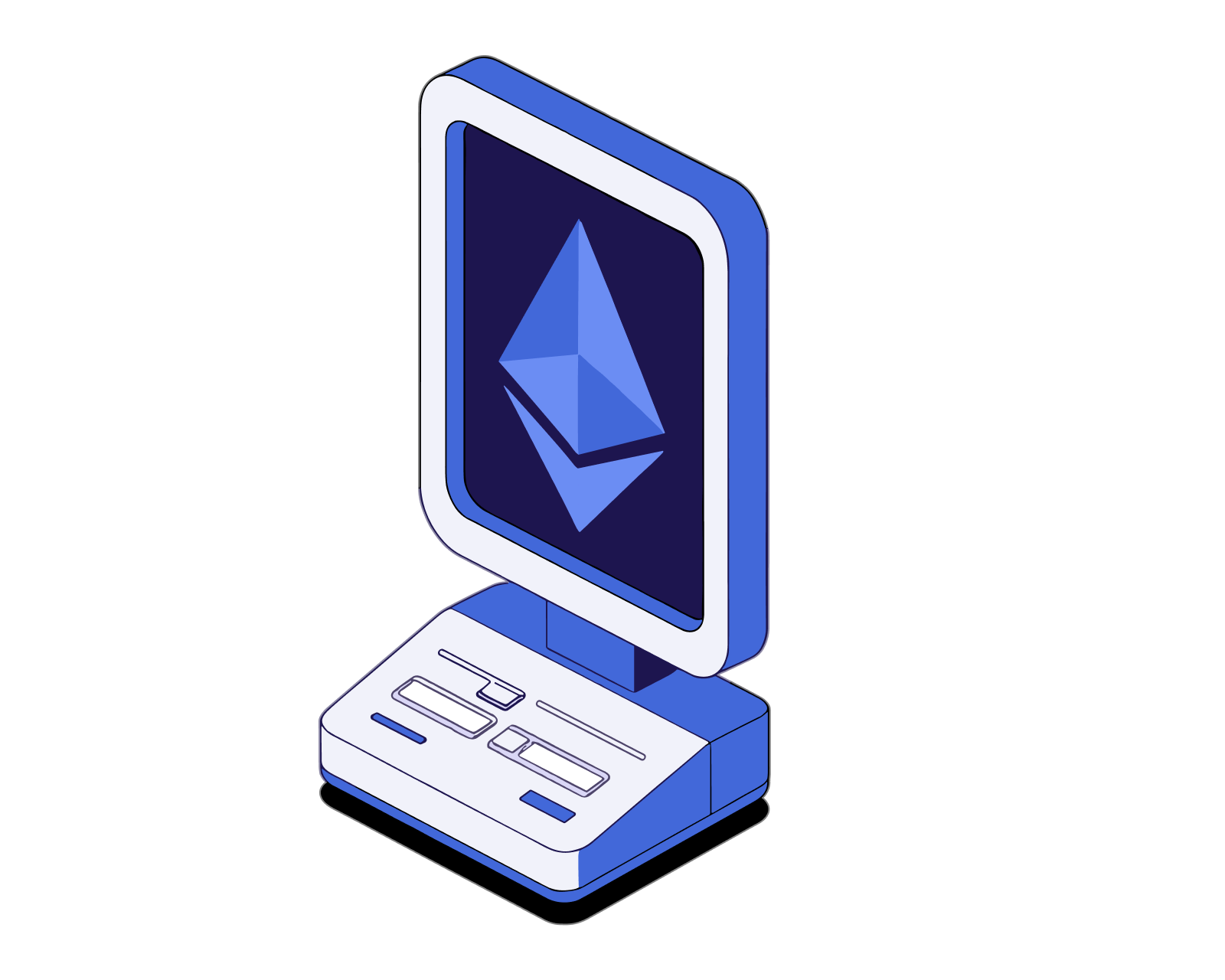
What is DeFi?
Learn what makes decentralized finance (DeFi) apps work and how they compare to traditional financial products.

What is DeFi?
Learn what makes decentralized finance (DeFi) apps work and how they compare to traditional financial products.
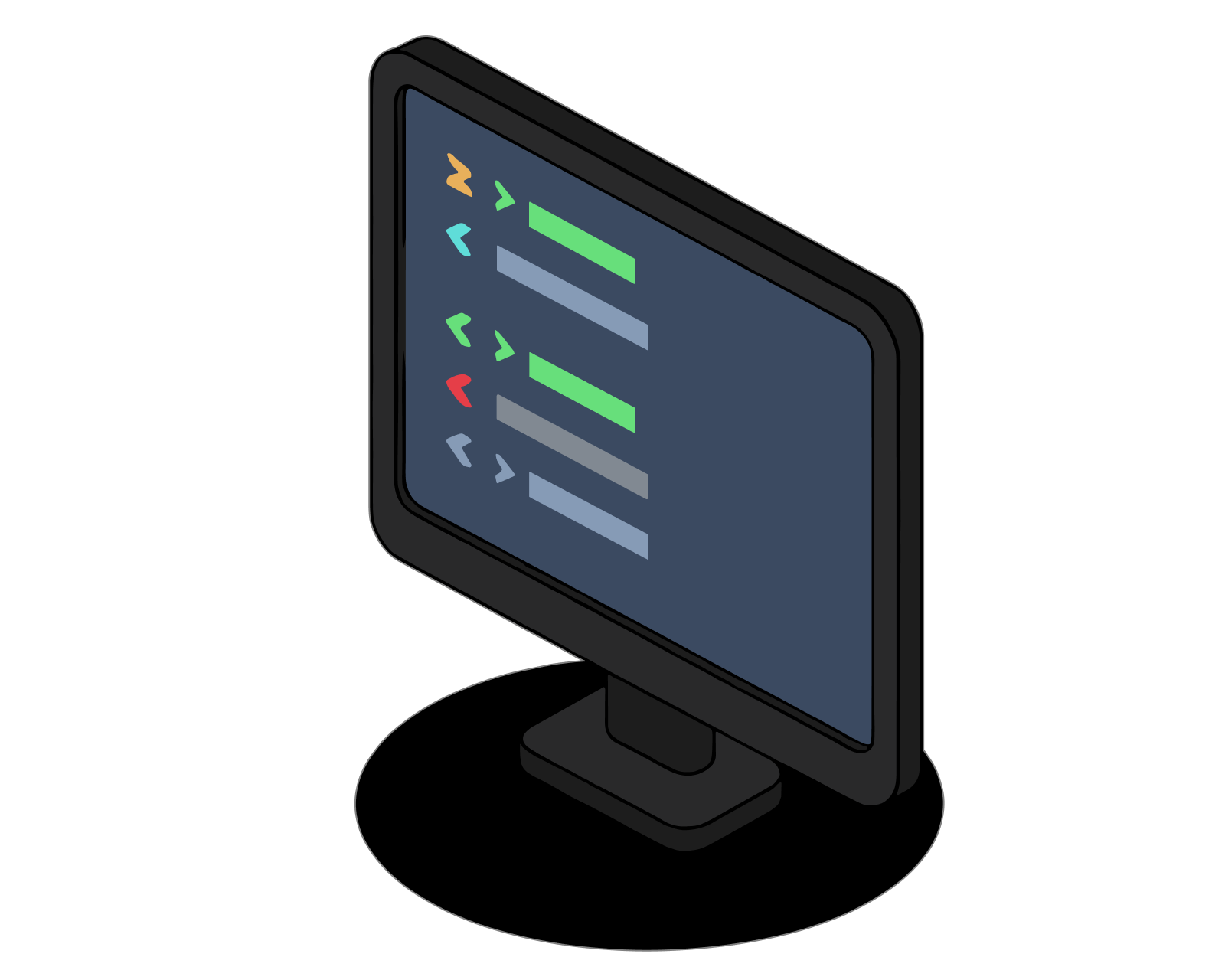
What is a DEX?
A decentralized exchange (DEX) is a type of exchange that specializes in peer-to-peer transactions of cryptocurrencies and digital assets. Unlike centralized exchanges (CEXs), DEXs do not require a trusted third party, or intermediary, to facilitate the exchange of cryptoassets.

What is a DEX?
A decentralized exchange (DEX) is a type of exchange that specializes in peer-to-peer transactions of cryptocurrencies and digital assets. Unlike centralized exchanges (CEXs), DEXs do not require a trusted third party, or intermediary, to facilitate the exchange of cryptoassets.
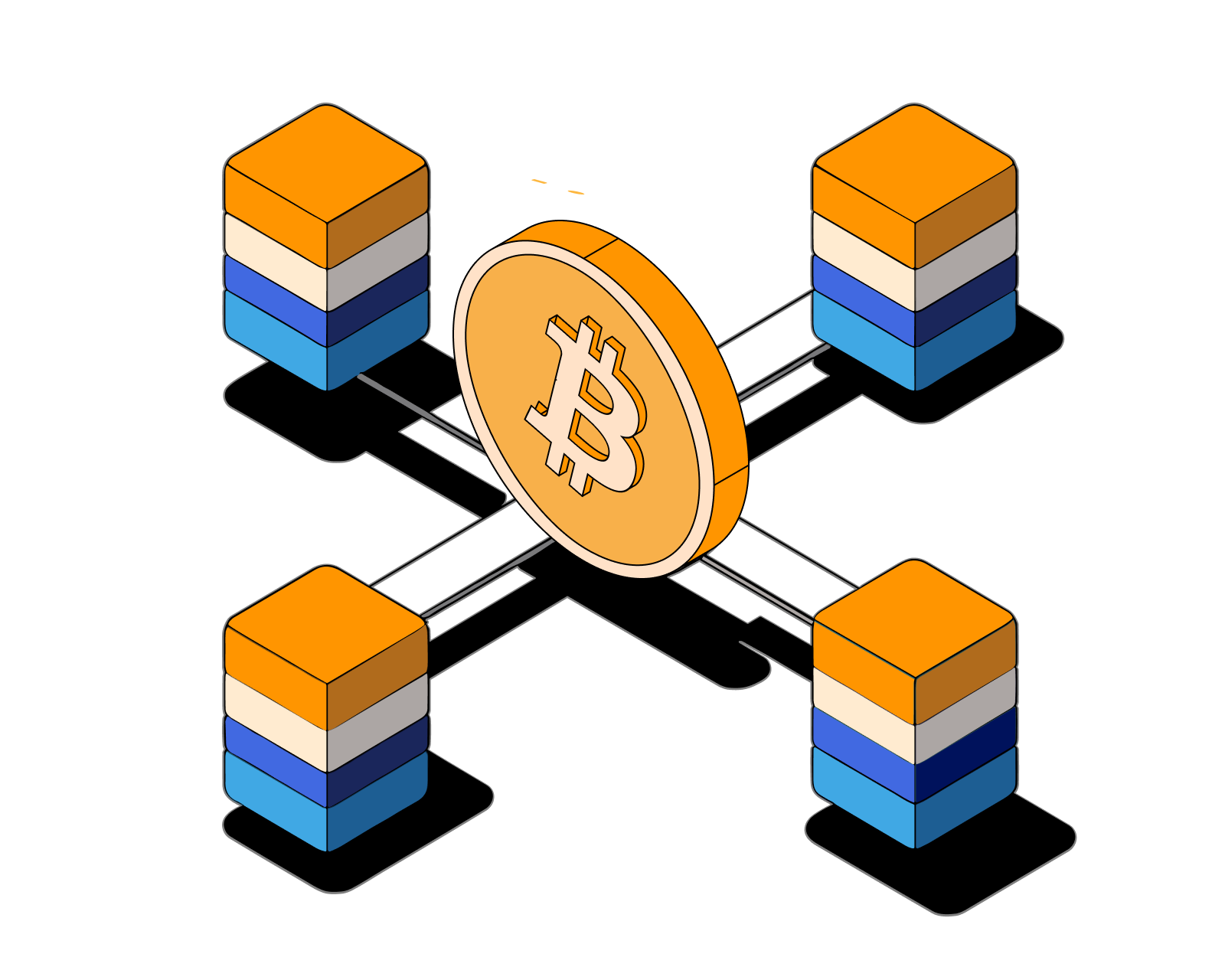
How to use a DEX
Learn how to use decentralized exchanges (DEXs) to swap between cryptoassets permisionlessly.

How to use a DEX
Learn how to use decentralized exchanges (DEXs) to swap between cryptoassets permisionlessly.
STAY AHEAD IN CRYPTO
Stay ahead in crypto with our weekly newsletter delivering the insights that matter most
Weekly crypto news, curated for you
Actionable insights and educational tips
Updates on products fueling economic freedom
No spam. Unsubscribe anytime.
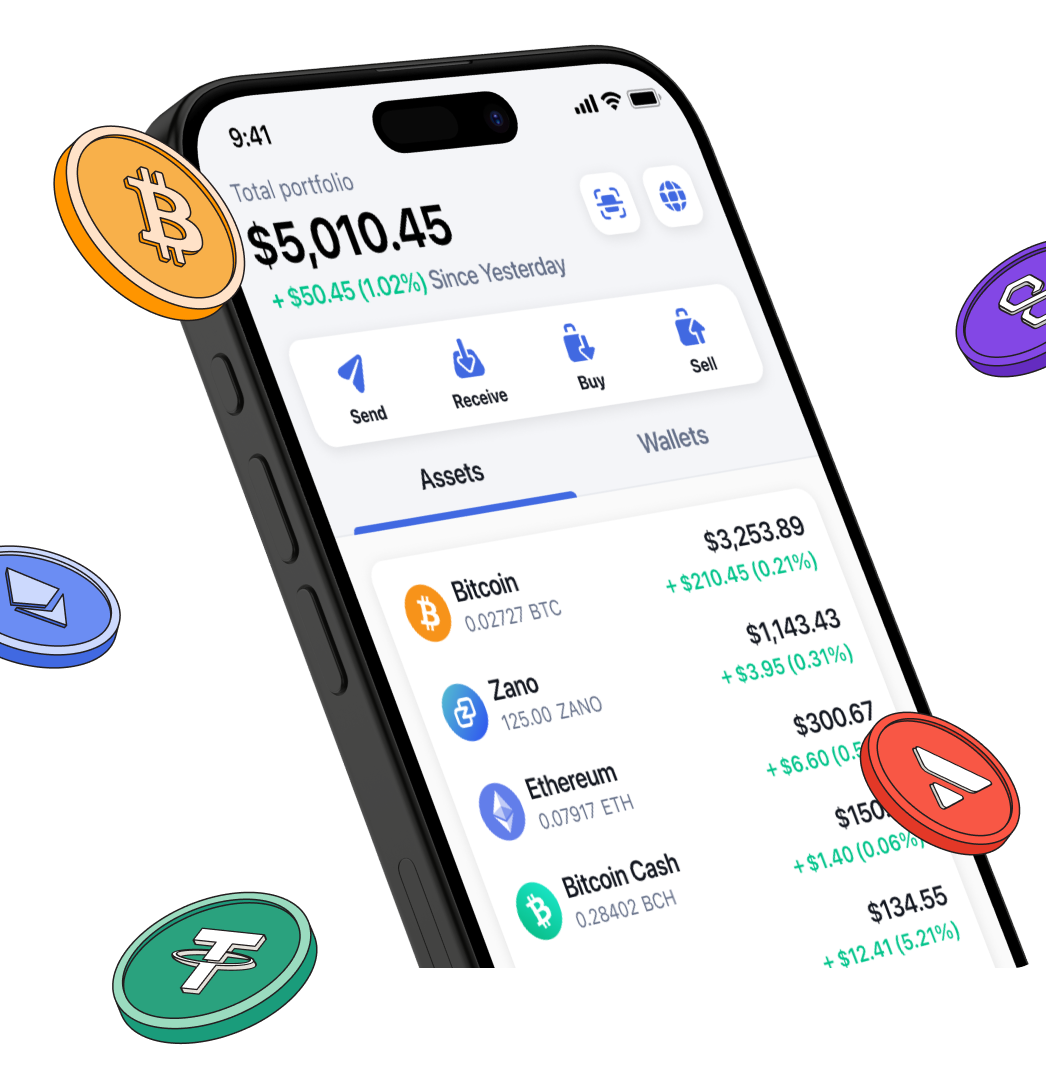
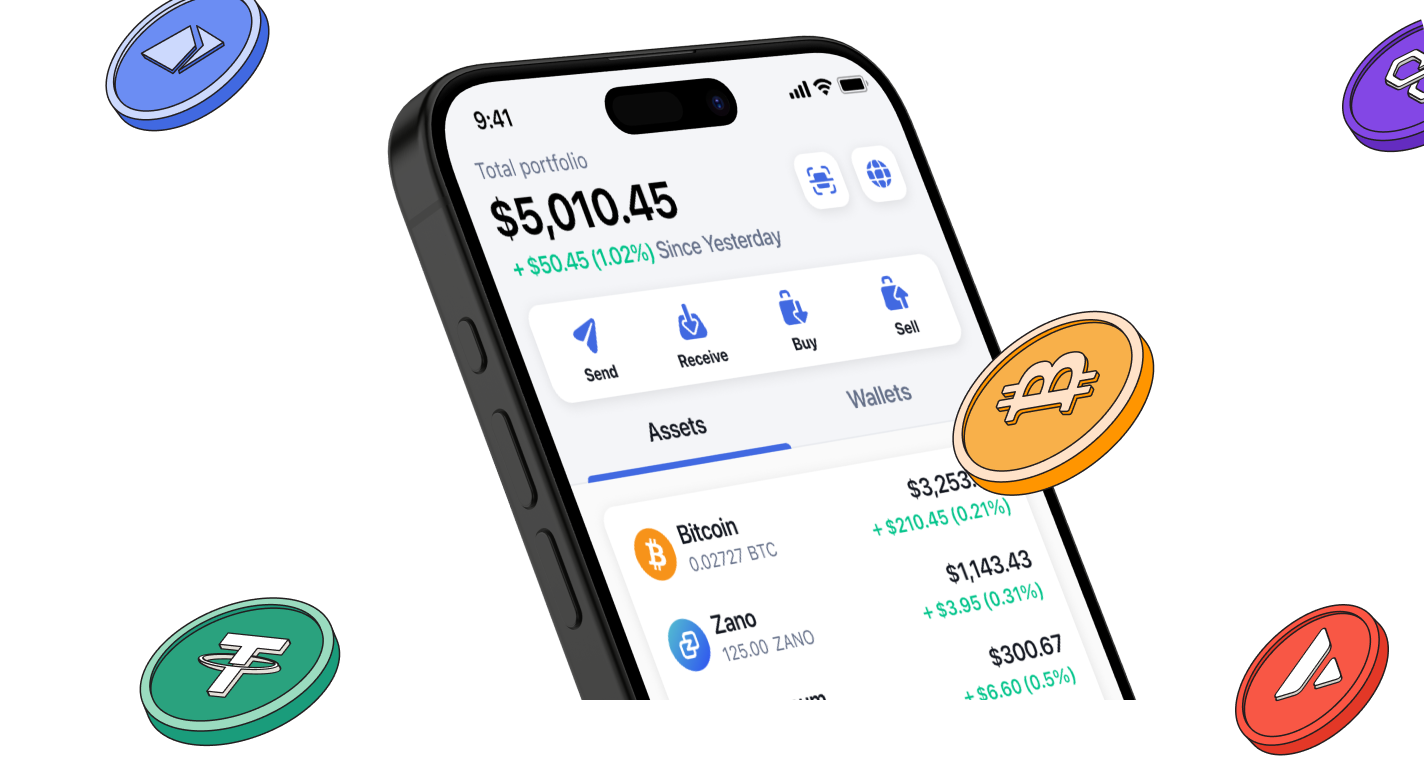
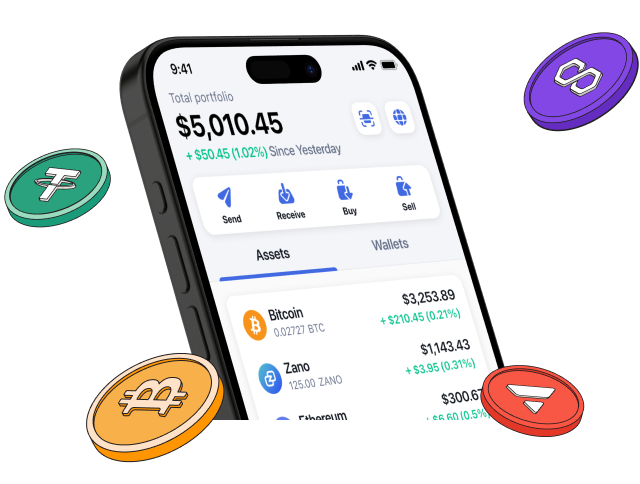
Start investing safely with the Bitcoin.com Wallet
Over wallets created so far
Everything you need to buy, sell, trade, and invest your Bitcoin and cryptocurrency securely

© 2026 Saint Bitts LLC Bitcoin.com. All rights reserved



